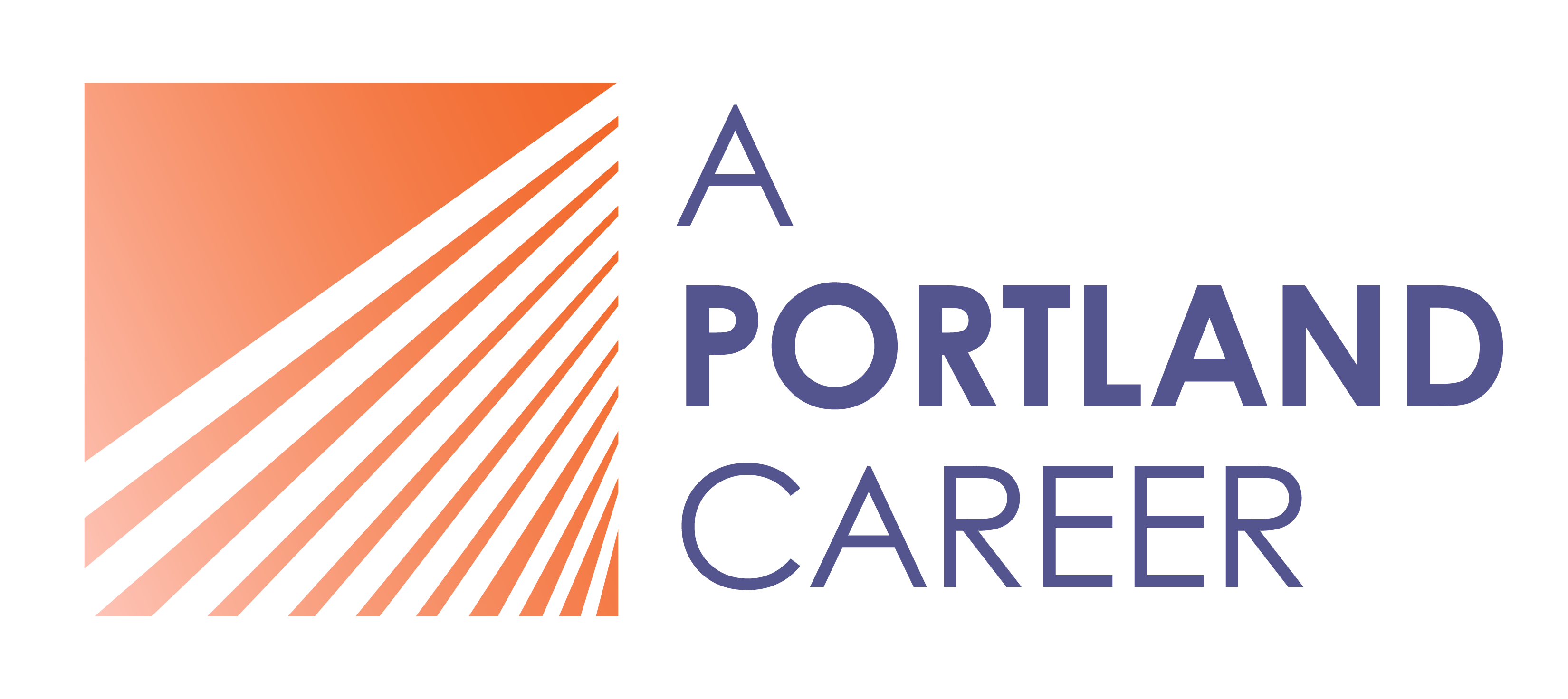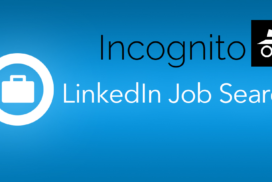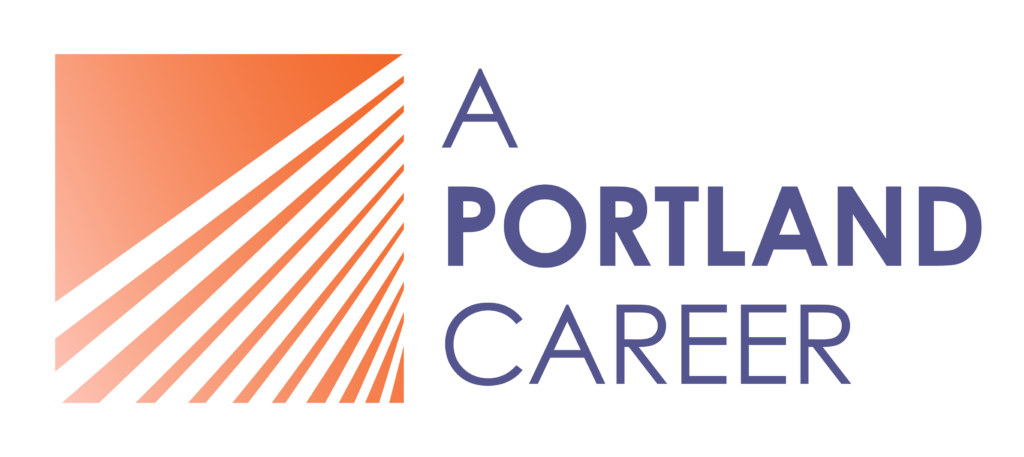Optimize your LinkedIn profile to wage an effective job search—without your current boss finding out.
Learn about the best social media platforms for job seekers and how to use them to network, explore careers and industries, and find jobs.
The 6 Best Social Media Platforms for Job Seekers — and How To Use Them
By A Portland Career, and edited by Jelena Grove, Dan Hahn, M.S., and Suzie Sherman
Looking to align your online presence with your career goals? Let’s upgrade your profile
The online tools in this post are great to support your job search, but they can’t replace the power of working directly with a career coach! We’ll listen well and tailor the process specifically for you. Just click the button to schedule a call.
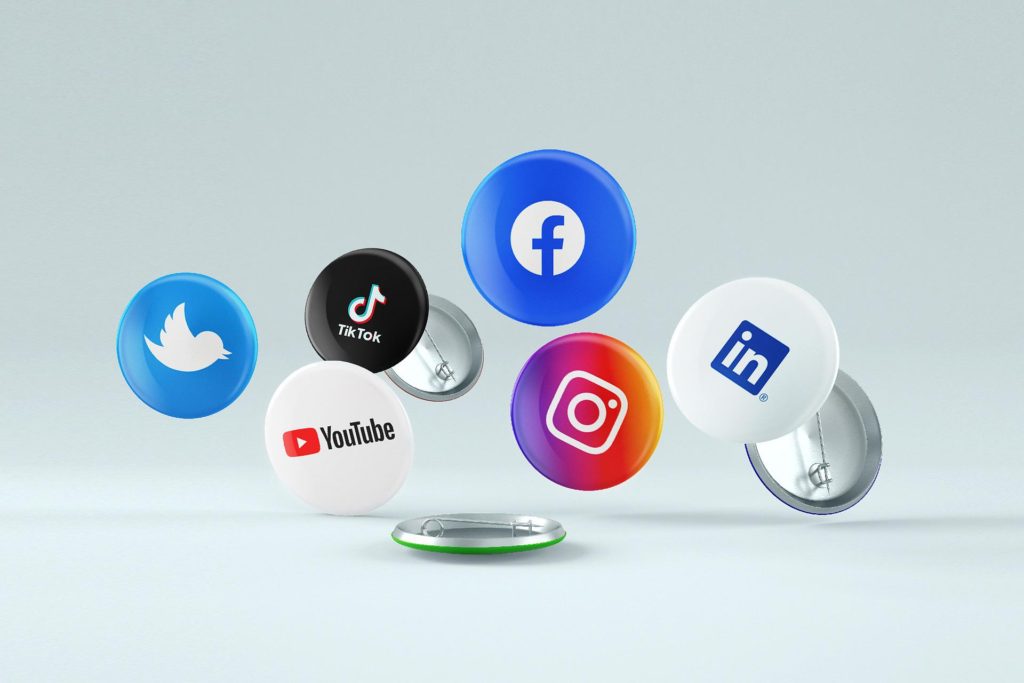
Over 90% of prospective employers will Google you by name if you’re considered a candidate in their hiring process. And while impressing recruiters and hiring managers is certainly a benefit of having a strong online presence, there are lots of other ways to use social media channels for general career development.
As if job hunting or career transition aren’t stressful enough on their own, it may seem like a painfully tedious task to also have to engage in social networking.
Before you make any judgements, hear us out: if you’re looking for a new job, or are thinking about or are in the procss of changing careers, social networking sites can be an enormous boon to your efforts. As we’ll show you in this post, pretty much all social media networks (not just LinkedIn) have something to offer when it comes to virtually every aspect of career development, like:
- Learning about career paths
- Professional networking
- Discovering and applying to job openings
- Gaining new skills
- Promoting your business or freelance gig
- Researching employers, markets, industries, and fields
- Creating and managing your personal brand
While there’s certainly a case to be made that social media is ruining us mentally and emotionally (not to mention culturally) — that doesn’t mean you can’t find intentional ways of using your online presence to advance your career. And it only works when you use it for the purpose of reaching your goals in real life.
Home → Helpful Articles → Job Search → The 6 Best Social Media Platforms for Job Seekers — and How To Use Them
We’ve got a ton of articles about how to navigate your job search. Here are a few you might find helpful at this step:
- How to Search for Your Next Job Online
- LinkedIn For Job Search: 10 Powerful Tips To Find Your Next Job (Without Your Current Employer Knowing)
- How To Recruit Recruiters with Your LinkedIn Profile
- 6 Recruiter-Approved Tips to Maximize Facebook for Job Search
- The Best Job Boards in Portland OR and Beyond, and How to Use Them
- How To Find Remote Jobs: The Insider’s Guide to Your Next Remote Job Search
If you’re feeling stuck, reach out, and we’ll customize a job search to match where you’re at in the process.
On This Page

Different platforms have different uses when it comes to career development
As a job seeker or changer, your first task is to decide how you want to incorporate social media into your job seeking, networking, and/or career transition strategy.
We recommend you explore at least one additional social media platform as part of your approach. Which one you choose depends on your needs, preferences, industry, and personal taste.
Before you decide to set up any new social media accounts, ask yourself the following:
- Is knowledge of a particular platform required or desired for jobs you’re interested in?
- What social media sites do you find yourself spending the most time using?
So let’s take a look at each platform in turn, what they’re useful for, and how to use them to get the most career benefit out of them.
A quick note about Linkedin
No matter what industry you’re in or job you’re after—you should get a LinkedIn profile. It’s the best networking tool out there for job candidates, great for finding job opportunities, sources for referrals and informational interviews, job market information, and submitting job applications directly.
But we won’t spend too much time on explaining why you need one here—we did that in these three posts already:
So without further ado, let’s take a look at the other 6 best social media platforms you can use to boost your career!

Twitter (X) for career development
Do you often have random musings that are insightful, humorous or at least occasionally deep? Do your friends think you’re funny? Do you consider yourself relatively thick-skinned?
If you answered “yes” to these questions, you may be the perfect candidate for using Twitter (X) as a career development and job search tool.
You may think Twitter is just the microblogging tool making our attention spans shorter with a “tweet” limit of 280 characters. You might love or hate Elon Musk, the current Executive Chair and CTO). But Twitter (X) also allows you to do lots of valuable career development-related things like:
- Get down-to-the-minute updates from companies, organizations, publications, events, and industries
- Participate in discourse about topics in your industry
- Connect with people in your field
- Use #hashtags to research jobs, companies, ideas, publications, trends, and events
Twitter (X) tips for job seekers
Start using Twitter by creating a thoughtful, strategic profile with career-related hashtags in your profile. For your profile picture, pick a presentable photo or an icon that expresses your values, personal brand, or industry.
Tweet (post) information about your ideas and accomplishments that are relevant to your career interests. If you have a CV or business website, include a link to it.
You can “direct message” people to start conversations or compliment them on insightful and funny tweets.
“Retweet” the posts you admire, and remember to use hashtags, particularly ones relevant to your industry with an eye toward what is trending.
Search for jobs by following job boards or searching for hashtags like #copywritingjobs or #pdxjobs.
Remember, tweeting will help you build your overall web presence. Having an active Twitter account will boost your rating when someone Googles your name. If Twitter is not for you, don’t overthink it. There are several other social media options.

Facebook for career development
Are you a social creature? Do you tend to post at least once a week on Facebook?
Facebook gives you a chance to show more of your human side, and pursue deeper levels of engagement with communities that share your interests, especially for relatively obscure or highly specific interests. It also allows you to:
- Follow pages of companies you’re interested in working for
- See job announcements and apply for jobs
- Network in your target field
- Join groups and engage with industry-focused communities
Group members can exchange articles, discuss relevant topics, share events and blog posts, introduce members to one another, share job listings, and take informal polls, among other activities.
There are also groups specific to certain job seekers; the Social Media and Marketing Jobs Facebook group has 54,000 members! Check out groups in the area of Business and Organizations, but join groups carefully, and don’t dismiss them if they’re small, as they may have higher engagement or a deeper focus than large, diluted groups.
Facebook tips for job seekers
First off, you need to rethink your profile through the eyes of a potential employer. One of the positive aspect of the Facebook culture is that it focuses on playfulness and pictures. Consider that potential employers may be checking out your social as well as professional profiles.
Know your field and its sensitivities and post wisely. Imagine yourself as a potential employer, client, or contact in your field of interest and ask yourself, “How would I respond to the information on my Facebook page?” If the “professional” you would not judge the “real” you harshly for your Facebook content, leave it be. It’s a judgment call only you can make.
Display any information that may be pleasing and interesting to a potential employer. This includes your hobbies, travels, family, and volunteer work. These details can present a fuller and more positive picture of your personality, talents, attitudes, and values which are not usually evident in a resume. Just remember to be mindful of your privacy settings.

Instagram for career development
Do you enjoy taking photographs? Are you a generally crafty person? Do you like one-liners and quippy descriptive commentary?
Many who are put off by the political rancor or folksy oversharing that dominates Facebook find Instagram a refreshing change of pace. Since it’s used widely by photographers and all sorts of creatives and those in the marketing world, people tend to be more mindful of the quality of the content they post. There are lots of creative challenges like the #100dayproject where people challenge themselves to create a work of art every day.
Instagram tips for job seekers
Follow posts and stories of companies of interest to catch job postings and job descriptions.
Search for industry-related hashtags in the search section to find career related inspiration and advice, tips and tricks, and leads for potential jobs.
Engage in creative challenges or campaigns to practice a skill, get and give critiques, and get inspired by other people’s work in your field.
Promote your small business or freelance gig by posting photos and stories with hashtags and calls to action that link to your portfolio website, blog, LinkedIn page, or other forms of social media.
Need help creating your personal brand? Our career experts can help with that.
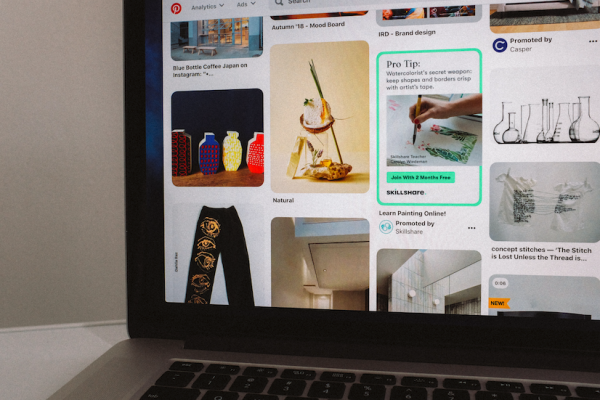
Pinterest for career development
Are you a visual learner? Do you find moodboards helpful to your creative process?
Pinterest is a social media network that’s visual like a lot like Instagram in that it’s visual-focused, but with much less public-facing commentary and interaction. It can be particularly useful if you work in creative or visually-oriented fields–not so much for networking, but for researching, upskilling, and finding career inspiration for everything from how to arrange your office space to how to write better UX website copy.
Pinterest tips for job seekers
Follow job search boards to see inspiration, detailed how-to’s, tutorials, and advice in your field.
Create mood boards for career inspiration– these are particularly useful for creatives like designers, web developers, copywriters, artists, chefs, crafters, builders, and basically anyone whose job can benefit from some sort of visually-aided instruction.
Get ideas for remodeling your home office or remote work space.

Reddit for career development
Do you want to focus on industry research, learn about the latest news, and discover cool facts, but stay anonymous?
No matter what kind of information you’re looking for, you can find it on Reddit. This is a more de-personalized social media platform that has dedicated “subreddits” (aka. sections of category-based discussions) for virtually any topic you can think of.
This is where people attend AMA’s (“ask me anything” Q and A sessions with industry leaders from every field in existence), ask and answer questions, give feedback, critique each other’s work, discuss industry topics, and access all manner of career resources. And while it’s anonymous at its core, it has a messaging function you can use to share contact information with people you trust and want to network with externally.
Reddit tips for job seekers
Follow and engage with subreddits related to your industry, job title, and general interests. You can use these to research careers, find out about job openings, access resources for skills building and mentorship, and engage in discussion about work-related topics at all levels, from entry-level to established expert.
Ask your subreddits questions about anything work-related when you get stuck, and get community responses from people all over the world.
Get exclusive access to external job seeker communities on platforms like Discord.

Discord for career development
Do you just want to anonymously talk to people and learn about a career or industry from people who live it? Are you an introvert who doesn’t much care about having a social media presence?
Discord is a messaging platform that separates public conversations by “servers,” which are basically turbo-charged discussion forums organized around a topic (of which there are legion). While most people think Discord is a place to hang out and talk about gaming, there are lots of career-focused servers that can help you in your career journey.
Here you’ll find lots of supportive communities that provide resources and guidance for those new to their field, as well as in-depth discussion for those more established in their areas.
Discord tips for job seekers
Join public industry-based servers by searching for general terms like “marketing” “law” or “programming” or “engineering.”
If you’re still in college, you can join a student hub for your school (you’ll need your .edu email address to get in).
Final thoughts on social media for job seekers
If you’re still resistant to social media, we want you to honor that in yourself. But if you’re open to it, reflect on your overall career strategy before deciding to invest the time. And if you do, make sure you invest the time only into platforms you think you will enjoy.
Always balance your comfort and enjoyment with ways to stretch and learn new skills. If you are an introvert who enjoys spending time online, balance your social media activities with getting out for some old-fashioned face-to-face networking. By the same token, extroverts who love to get out and meet people can augment their professional network by connecting with people in their fields of interest on their preferred social media platforms. There’s no one-size-fits-all way to engage, so find the way that works best for you.
Key takeaways
- Get a LinkedIn account in addition to at least one other platform on this list
- You can use social media channels to find jobs, gain new skills, research your industry, manage your personal brand, and promote your side gig
- Reflect on your preferences and overall career strategy before deciding which social media platform is right for you and how you want to use it (if at all)
- If networking isn’t a priority and you want to keep a low profile, consider using Pinterest, Reddit, and Discord for research, inspiration, and skills building
- If networking is a priority and you want a more visible online presence, consider Facebook, Twitter, or Instagram
Related articles you might be interested in:
How to Avoid These 6 Job Search Procrastination Triggers
Learn how to avoid these six job search procrastination pitfalls with expert tips and advice from our career counseling team.
How to Create Your Own Internship
Getting hired in a new field is so hard when you don’t meet the job requirements yet. Create your own internship, and gain the experience you need!
How to Game Your Job Search Over 50
Ageism in hiring is real, so you’ve got to game it out. Here are the tools you need to find age-friendly employers and age-proof your LinkedIn, resume, and interviews.
